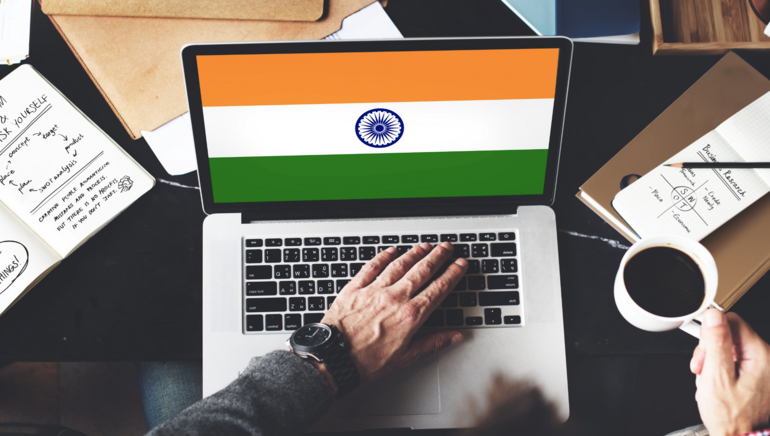Published July 23, 2023 by OCR Editor

The Goods and Services Tax Council (GST) of India has announced a new flat 28% turnover tax for online gambling, casino, and horse race betting. This decision, made during the 50th GST Council meeting, aims to generate revenue from the industry. However, concerns have been raised about the impact of the tax rate on businesses and the potential for players to turn to unlicensed operators.
India’s Goods and Services Tax Council (GST) has announced a new turnover tax rate of 28% for online gambling, casino, and horse race betting. This decision, made during the 50th GST Council meeting, aims to generate revenue from the rapidly growing industry. The tax rate will be applied to the full face value of bets, chips, and bets placed with bookmakers and totalisators.
Unlike the previous Gross Gaming Revenue (GGR) tax structure, which taxed the profits of gambling operators, the new turnover-based tax will be levied on the total amount consumers spend. For every Rs100 (£0.93/€1.08/$1.22) spent, operators will pay Rs28 in tax. This change aligns with the recommendations of a group of ministers (GOM) report filed ahead of the meeting.
However, this decision has sparked concerns among industry stakeholders. The All India Gaming Federation (AIGF), the apex industry body for online gambling in India, strongly criticized the new tax rate. The AIGF expressed its worries about the adverse impact on businesses and potential job losses. It also highlighted the risk of players turning to unlicensed operators due to the increased tax burden on licensed operators.
The AIGF argued that the tax rate would hinder the industry’s growth potential, stifle competition, and impede innovation. Furthermore, it emphasized that small and medium-sized enterprises (SMEs) and startups would struggle to survive under the new tax regime. The AIGF suggested that the tax increase on deposits could lead to liability of up to 400-500%, significantly affecting the financial viability of companies.
It is worth noting that this tax rate change is the latest development in India’s evolving gambling regulations. In January, the government introduced new rules to regulate online gambling, emphasizing compliance with existing laws and establishing self-regulatory bodies. These bodies, comprising industry representatives, players, experts, and government nominees, aim to create industry standards and address player protection, addiction, financial crime prevention, and child protection.
While the government’s intention behind the tax increase is to generate revenue and regulate the industry, concerns about its potential negative impact on businesses and the overall market have been raised. The Indian gaming industry will closely monitor the implementation of the new tax rate and its implications for operators, players, and the sector’s growth.
Disclaimer: This article is for informational purposes only. It does not constitute legal or financial advice. It is recommended that readers consult with relevant authorities for up-to-date information and guidance on gambling regulations in their jurisdiction.